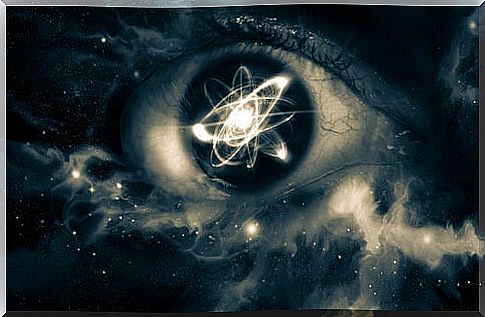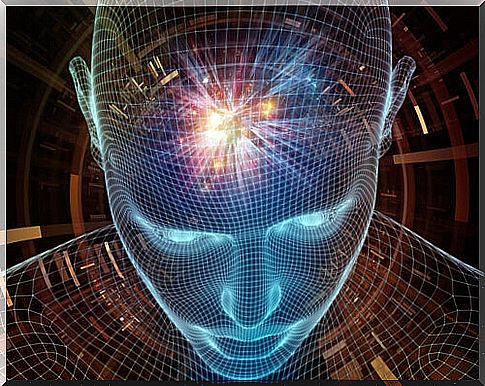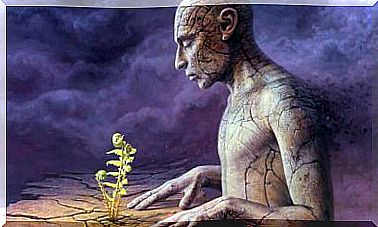Is It True That Reality Does Not Exist Until It Is Observed?

Until not long ago, the notion that consciousness can arise from the confluence of components of physical reality has been associated more with medieval magic than with sober science. But quantum science, with its experiments, tells us that the reality that we perceive emerges through the act of measurement that we exert on it.
Such an assumption seems to put into question the nature of the reality in which we believe we move and suggests that consciousness affects matter, while it may be consciousness itself that, for us, determines the physical elements of our reality and not the reverse, as has been classically thought.
One of the strangest and most fascinating questions that quantum physics can generate is the possibility that the world we experience is being generated by our perception of it, of the attributes external to ourselves that make it up. In other words: reality may not exist if it is not being observed.
Therefore, it could be said that the observer affects what is observed. When you measure the behavior of a particle through observation, you are influencing its natural state and the measurement may not be accurate.
Thus, when observing the behavior of light, we will verify that it will act as a physical particle or photon, if you stop observing it, or it will behave as a wave that travels in space, if the observation does not occur at a discrete moment. weather. This wave-corpuscle duality constitutes one of the bases of our quantum knowledge.

Is the reality we experience generated by our perception of it?
The possibility that the world we experience is being generated by our perception of it is, for many, a debate as complicated as it is interesting. Many classical scientific beliefs and postulates are at stake.
There is a striking philosophy behind these scientific observations, which suggest that physical phenomena manifest themselves in one way or another depending on the act of measurement through which they are observed. And it is that until these phenomena are not measured, until the gaze rests on them, they seem to remain in a kind of vague state that defies logic as human beings tend to understand it.
This notion so typical of quantum physics has been experimentally demonstrated on more than one occasion. The groundbreaking principle of the conception of reality would be, in other words, that, somehow, reality does not exist until we measure it. At least not reality on a quantum scale which, although miniscule, is the minimum level to which the matter that constitutes all things in the universe is reduced.
What has been conceptually done at the experimental level is to prove that when our mind perceives an object, it could behave as a wave or as a particle, regardless of how it is measured and, moreover, simultaneously.
However, and as it appears in published experiments, quantum physics predicts that this perception does not seem to be influenced by the fact that it behaves as a wave or corpuscular; Everything will depend on how, in the final perceptual act, the measurement or registration of the reality to be perceived was carried out.
Is consciousness a constitutive property of the universe?
The strange nature of reality, which changes conceptually as science advances, can cause us to question many of our beliefs about how the universe works. Explaining this operation seems extremely complex and at the moment it seems to be highly speculative.
However, one of the explanations that generates the most traction is the possibility that consciousness is a constitutive property of the universe. That is to say, that consciousness exists by itself in the universe and that it exists by the mere fact that the universe itself exists.
This postulate would imply that consciousness also exists at the quantum level. And this, in turn, would support the narrative that it is the mind that generates the effect on matter, at the perceptual level, and not the other way around. However, the notion that consciousness may be related to the formation of physical reality has been associated more with new age ideas , which have tended to give little credibility, than with sober science.

In fact, the taboo surrounding this topic is so great that until recently it was extensive to all treatises on the foundations of quantum theory. In fact, for more than 50 years this type of experiment has come to be considered inappropriate for a ‘serious’ researcher.
Despite everything, it seems that quantum physics, already supported by the testing and validation of its hypotheses in the laboratory, is finally opening a door to a new way of understanding our consciousness, reality and the world. At least, and for now, science has already seemed to dismantle the prejudice of a pre-existing objective reality.









